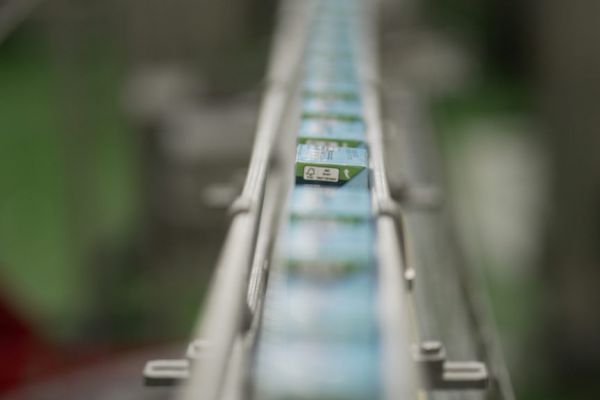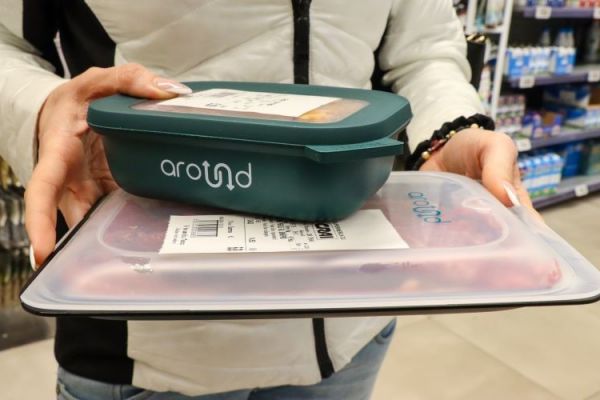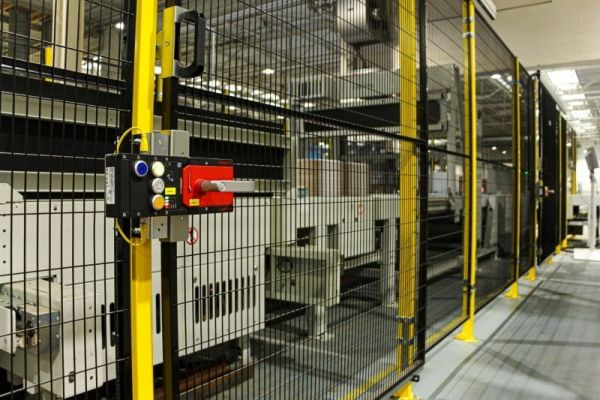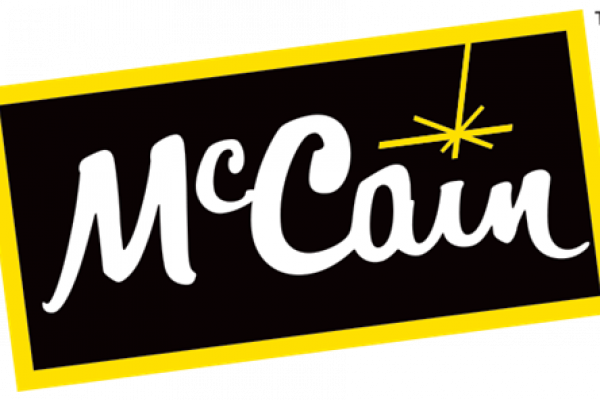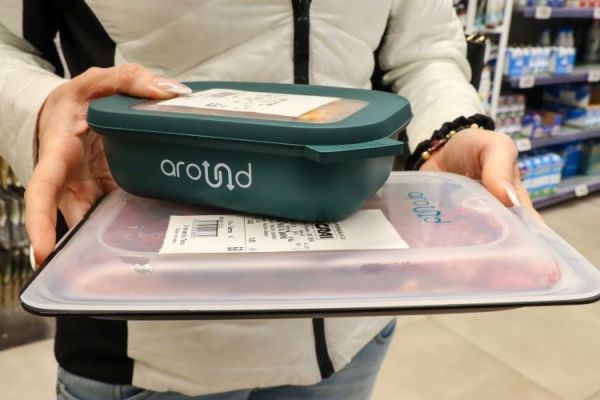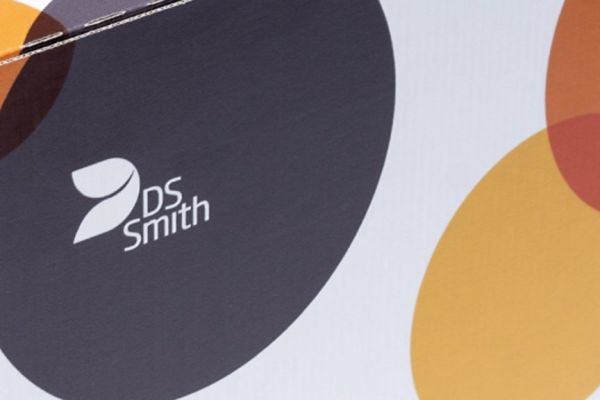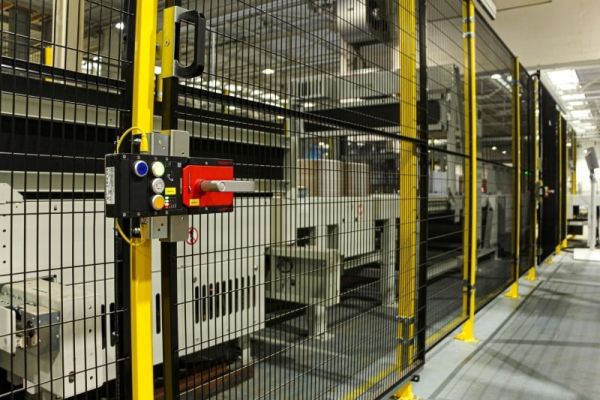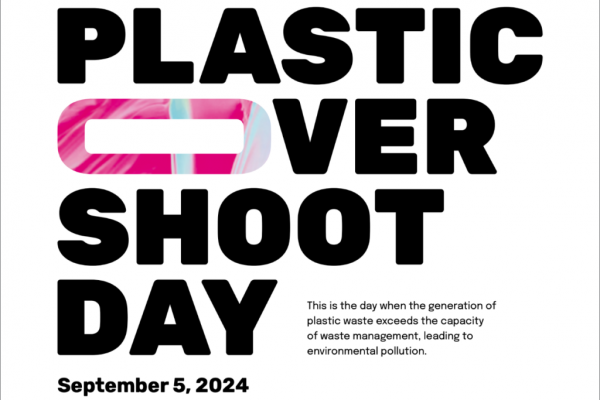There has never been a better time to take a fresh look at steel, as consumers now acknowledge the value of 'really recycled' materials over 'recyclable' ones, according to APEAL - the Association of European Producers of Steel for Packaging.
Thanks to the Blue Planet effect, more consumers are attempting to eliminate single-use plastics from their daily lives. Although supermarkets are taking steps to reduce their plastic use, eliminating packaging is not an option.
In the EU, around 88 million tonnes of food is wasted annually. It contributes to greenhouse gas emissions and makes the need to preserve food even more crucial.
Plastics are effective in preserving food, but with the current infrastructure, they can only be recycled a finite number of times.
Reducing Food Waste
As research into compostable plastics continues, steel packaging is already contributing to reducing food waste and balancing production with consumer demand.
Misshapen or 'ugly food' is being canned as normal, minimising product loss.
Steel cans provide a 100% barrier against light, water, and air, resulting in the longest shelf life for products compared to other packaging materials. Moreover, steel can be recycled over and over again without any loss of quality.
Steel produced 150 years ago is still being recycled and used in manufacturing new products such as bridges, cars or even other cans.
According to the latest figures, 80.5% of steel packaging in Europe is recycled, making it the most recycled primary packaging material across the continent.
An Environmentally Positive Choice
The sustainability credentials of steel offer consumers clarity and confidence that they are making an environmentally-positive choice.
Beyond its recyclability, steel packaging is also an attractive proposition for brands and retailers.
This formable material lends itself to a range of finishes and embossing techniques, allowing brands to stand out on the shelf in an increasingly competitive FMCG market. It provides maximum visual impact with a 360° surface area, which provides plenty of space for brand owners to print safety advice, preparation instructions, and serving suggestions.
Steel packaging can undoubtedly play a key role in helping Europe achieve its circular economy vision and address the fact that a third of the food produced globally is wasted.
If supermarkets are to play a tangible role in sustainability efforts, this material needs to be embraced as a viable alternative to plastic.
© 2019 European Supermarket Magazine – your source for the latest retail news. Sponsored content. Click subscribe to sign up to ESM: European Supermarket Magazine.


